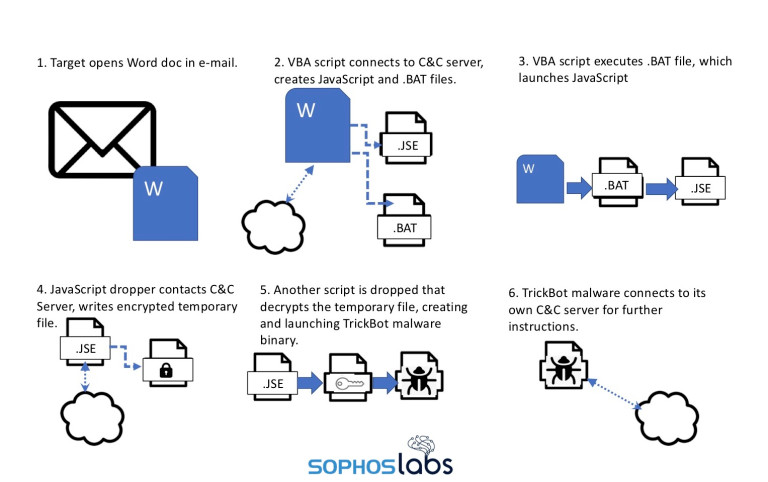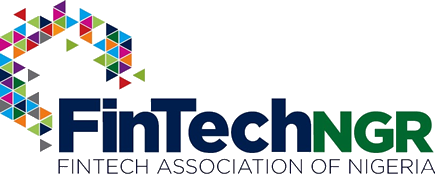Investigations by Business Hilights have shown that chances of hitting the target of 80 per cent Internet and 30 per cent broadband penetration come next year are dimming as many states are adamant in easing Right of Way (RoW) access to networks to grow their networks.
The implementation of the National Broadband Plan (NBP) designed to grow seamless access for more subscribers to the Internet is under serious threat and the situation is driving a discouraging downward trend in the Average Revenue per User (ARPU) by 15.7 per cent.
ARPU is a measure used primarily by consumer communications and networking companies to calculate revenue made from a subscriber. It is defined as the total revenue divided by the number of subscribers.
Though the current drop in internet access could be traced to the prevailing harsh economic realities, industry experts say even if economy peaks, data services will continue to hobble as not much investment is going into data services by networks due to poor access to RoW.
As at the last count, only Lagos State has eased access to RoW by way of drastically reducing charges per square meter in laying optic fibre cables for the delivery of broadband services.
A gazette of the federal government titled ‘The Resolution of the National Economic Council (NEC) on Multiple Taxation, Levies and Charges on ICT Infrastructure in Nigeria’, dated March 21, 2013, and sited by Business Hilights stated that the states had agreed to an administrative charge of N145 per meter for every build and N20 per meter yearly recurring fee for existing duct with five years of review on RoW.
Like earlier said, Lagos remains the only state that has eased access to RoW with very attractive levy of only N500 per meter for RoW. Other states have high levies as stated vis: Operator to pay N500 per meter for RoW, prices from other states totally differ. Ogun, Oyo, Osun and Delta charge N6, 500, N5, 200, N4, 748 and N4, 600. They remained the highest. Anambra, Kano, Bayelsa, Niger, Ekiti, Sokoto, Kaduna, Ondo, Cross River charge N1, 270, N1, 200, N3000, N1, 000, N3, 500, N3, 000, N1, 130, N3, 000 and N2, 250.
Besides, the Nigerian Communications Commission (NCC) may not have been making things rather easier as it is yet to name Infrastructure Companies (Infracos) for most of the zones as demarcated during the administration of former EVC, Dr. Eugene Juwah.
Currently, only Lagos zone comprising Lagos State and part of Ogun State and North Central zones have gotten their Infracos, leaving over 75 per cent of the country in the balance for more than two years after the policy was adopted by the NCC.
Even the named Infraco for Lagos Zone, MAinOne seemed to be having issues in rollout of services as no appreciable work had been done since the company was named by NCC.
Further investigations showed that many states, local governments and even the communities leaving along the chosen routes of the cables have all lined up series of taxes and royalties expected to be paid by the Infracos which experts say remain a serious challenge in the process deepening broadband services across the country space.
Whereas some analysts have said that considering the hiccups inherent in RoW, internet services in Nigeria will continue to be via mobile wireless which cannot be as effective as optic fibre cables carriers.
Only recently, the NCC revealed that even at the end of last, about 40 million Nigerians, residing in some 207 communities in the country still don’t have access to basic telecommunications services.
By the design of the NBP under the pioneer Minister of Communications Technology, Dr. Mrs. Omobola Johnson which the current administration promised continue, by 2014, the country was expected to have built fibre infrastructure across the country, introduced incentives for building of last mile wire line infrastructure to homes, estates, and commercial premises and extended international cable landing points to other coastal states. But that has not happened and may not between now and next year.









